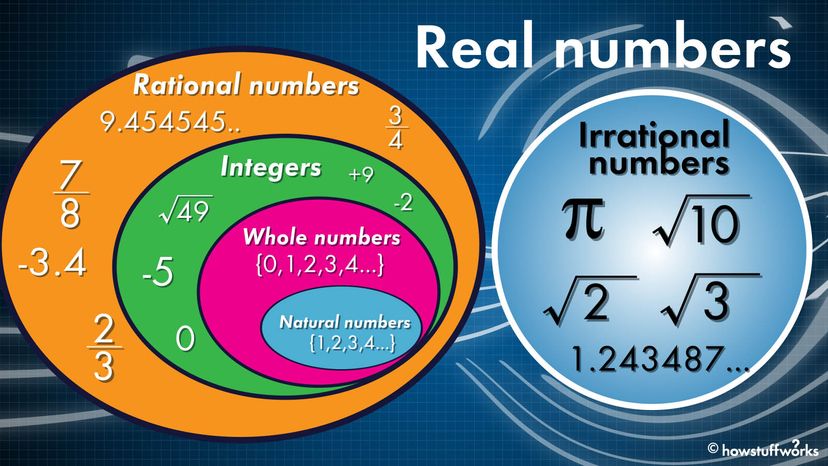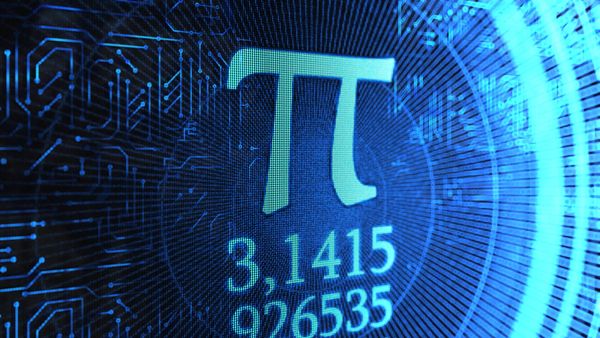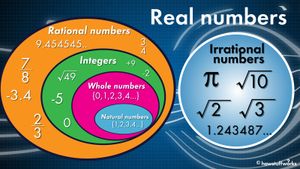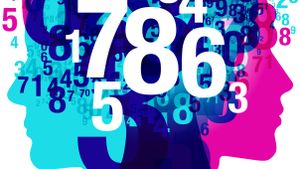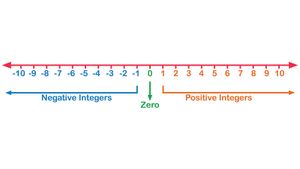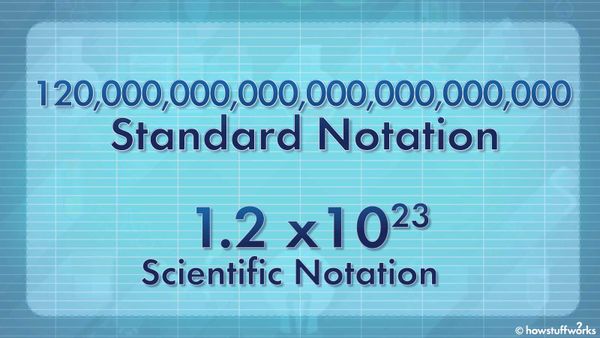Irrational numbers, in contrast to rational numbers, are pretty complicated. As Wolfram MathWorld explains, they cannot be expressed by fractions, and when you try to write them as a number with a decimal point, the digits just keep going on and on, without ever stopping or repeating a pattern.
So what sort of numbers behave in such a crazy fashion? Basically, ones that describe complicated things.
Pi
Perhaps the most famous irrational number is pi — sometimes written as π, the Greek letter for "p" — which expresses the ratio of the circumference of a circle to the diameter of that circle. As mathematician Steven Bogart explained in this 1999 Scientific American article, that ratio will always equal pi, regardless of the size of the circle.
Since Babylonian mathematicians attempted to calculate pi nearly 4,000 years ago, successive generations of mathematicians have kept plugging away, coming up with longer and longer strings of the decimal expansion with non-repeating patterns.
In 2019, Google researcher Emma Hakura Iwao managed to extend pi to 31,415,926,535,897 digits.
Some (But Not All) Square Roots
Sometimes, a square root — that is, a factor of a number that, when multiplied by itself, produces the number that you started with — is an irrational number, unless it's a perfect square that's a whole number, such as 4, the square root of 16.
One of the most conspicuous examples is the square root of 2, which works out to 1.414 plus an endless string of non-repeating digits. That value corresponds to the length of the diagonal within a square, as first described by the ancient Greeks in the Pythagorean theorem.
